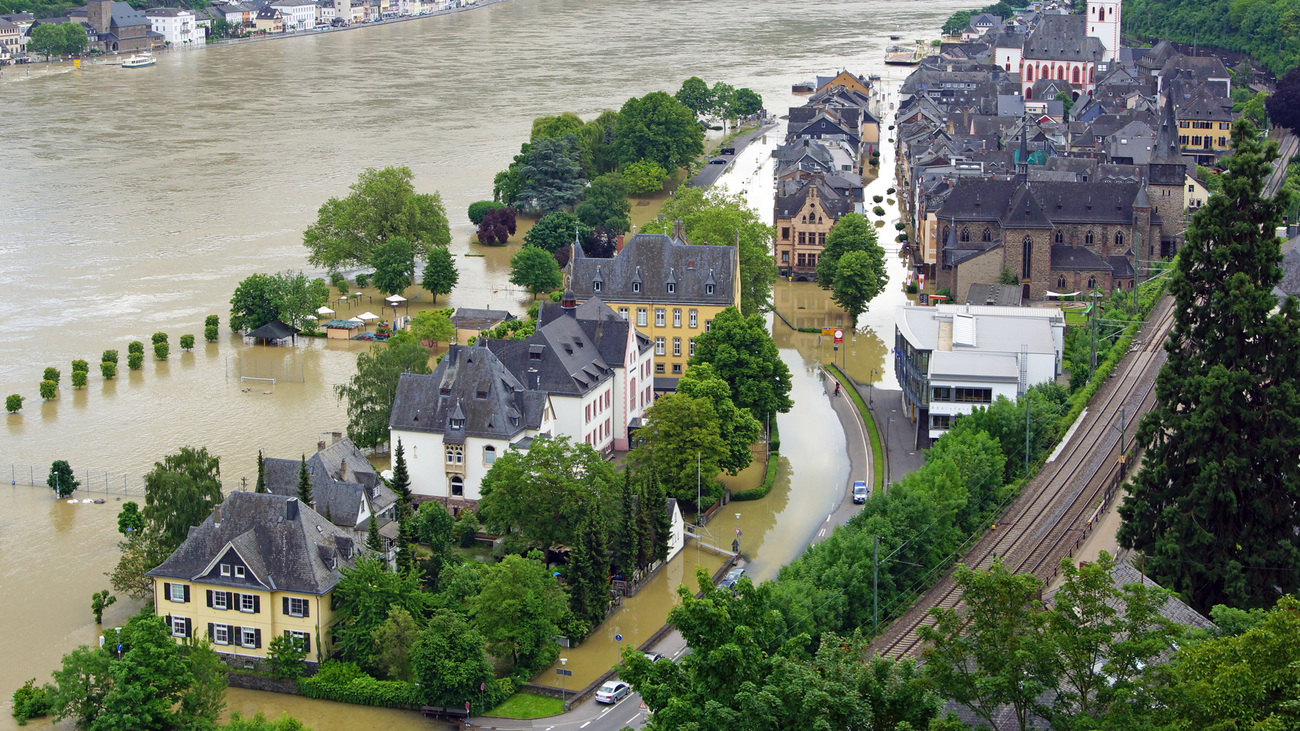Updates
How IFAW has helped animals and people during the Ukraine crisis
Learn moreextreme weather events all over the world: what is happening?

Having worked in Africa over the last three decades, I’ve seen the impacts of climate change right before my eyes. For generations, farmers prepared their crops and harvested during very distinct periods of the year, using small weather patterns to predict early on if it would be a good or bad season. Of course, as we all know, there were disastrous dry years with subsequent hunger spells, but for the most part, seasons were regular and could be predicted. I was working in Cameroon in the 90s when I first saw the impacts of climate change play out. Farmers were ready with their fields plowed and prepared for planting—but it failed to rain. Over the course of the upcoming seasons, I watched as farmers struggled to maintain fields with the ever-changing climate. Short rains came earlier than expected, intense droughts lasted for months, flash floods aggravated ongoing wind erosion, causing a loss of crucial fertile topsoil. The resulting impact on communities was devastating.
Starting my work with pastoralists in the early 2000s, it became clear that not only had the intensity of the adverse climate events changed, but also the frequency. Where they were known and part of the nomadic patterns, droughts were expected only every 15-20 years. The herds would be decimated, badly, but the farmers would have enough time to recuperate from it. The ecosystem still provided for a harsh, but sustainable livelihood for the livestock keepers and it maintained a splendid ecosystem, rich in biodiversity.
These extreme droughts were starting to come once every three to five years. Livelihoods and ecosystems are no longer resilient enough to fully recuperate. To much of the western world, what was happening in the sub-Saharan seemed like a world away. Reactions were minimal and inconsequential, to say the least.
Climate events have begun to hit closer to home. Australia endured bushfires and major flooding at the same time, while North America continues to deal with heatwaves, major wildfires, and hurricanes showing different behaviour. For the past year, Europe has been seeing major and recurrent storms developing on the continent, next to the intensifying heatwaves and wildfires. Most recently, we’ve seen the devastating floods in Germany, Belgium, the Netherlands, and also London followed. Then we are not even talking about the pandemic and its link to climate change. What we do know from the models (again confirmed in the latest IPCC reports) is that Europe can expect wetter winters and hotter summers with rainfall likely in intense shorter periods increasing the risk of major flooding. Urbanisation, road infrastructures, tiles in all the gardens combined with a deluge increases runoff dramatically, even with extra infrastructures to increased water storage capacity (in the Ardennes) or “Room for Rivers” schemes (in The Netherlands). This summer’s weather events have shown the IPCC modelling predictions to be accurate and to be taking place years earlier than predicted.
We need to adapt and take action at the same time. Nature itself is resilient; it can help us in terms of showing how it mitigates and protects us on such issues. Safeguarding biodiversity that is both rich and thriving, for example, can protect against climate change itself. Take for example animals such as forest elephants, pangolins, and whales, universally considered to be “ecosystem engineers”—with key roles in preserving the health of these ecosystems and facilitating the capture of more carbon. This form of carbon ‘sequestration’ helps keep excess carbon out of the atmosphere where it would otherwise absorb and reflect heat.
As disasters around the world increase in intensity and frequency, IFAW’s Disaster Response & Risk Reduction team is busy, also in Europe since July 2021, working to save animals’ lives, mitigate the impact, assist vulnerable communities, and provide resilience-building resources.
As an individual or family, there are little things that you can do to take action. All the contributions from billions of people will make a difference for this planet.
I know, easier said than done, I plead guilty too, but if all of us take a small step and push our governments and producers to be more environmentally conscious and sustainable, it will help our environment, our animals, and our planet—or in short, the place we call home!
- Joep van Mierlo,
IFAW Regional Director Europe
Our work can’t get done without you. Please give what you can to help animals thrive.
Unfortunately, the browser you use is outdated and does not allow you to display the site correctly. Please install any of the modern browsers, for example:
Google Chrome Firefox Safari